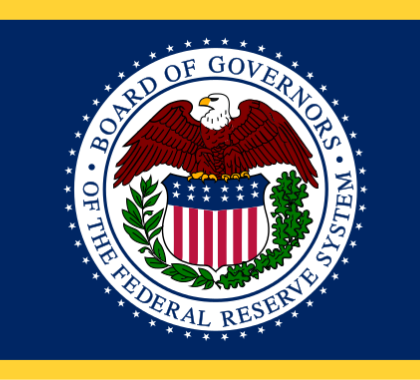It seemed simple enough. Just expand. That was the vision Jake Winkler had for his family’s business, Illinois-based Peoria Charter Coach Company. But the story gets complicated because of competition from a federally subsidized air service program that this year is costing U.S. taxpayers approximately $250 million.
Peoria Charter’s luxurious coach buses hold five times as many passengers as the subsidized planes that make the short flight to and from Chicago, create less air pollution than the planes, and receive no taxpayer dollars to operate.
Peoria Charter already provides daily bus service for the Peoria, Normal, and Champaign areas to O’Hare International and Midway airports in Chicago. Recently, 23-year-old Jake Winkler and his parents, who run the company, which has been in the Winkler family since 1941, decided they would offer shuttle bus service from Decatur to Chicago each day. The distance one way is approximately 180 miles.
But when they crunched the numbers, it became painfully clear this new plan for the business would never succeed—because the Decatur-Chicago route is one of more than 200 routes where the federal Essential Air Service subsidizes flights and travel services every day.
Tiny Airline, Big Subsidies
More than $2.6 million of annual taxpayer subsidies go to Air Choice One, which flies nine-seat Cessna Caravans to Chicago and St. Louis from Decatur Airport. Thanks to the subsidies, Air Choice One can charge passengers less and offer more departures and arrivals than would be possible for Peoria Coach to offer, according to Winkler.
The Essential Air Service program, which began in 1978, was intended to give smaller communities time to adjust to deregulation of the airlines, which, until then, were required to provide service to small airports. Each day there are at least two flights out of each of the EAS-subsidized airports. The program was supposed to be temporary. Instead, it has grown, now costing taxpayers about $250 million a year, up from $22 million in 1998, according to officials.
Winkler says this is a waste of taxpayer dollars and against the free-market aspects of the way the American economy is supposed to work.
‘Impossible to Compete’
“The incredible price, time, and frequency that the Essential Air Service provides, makes it impossible for a private company to compete against,” said Winkler. “If the government gave us half the amount that the airliner receives in Decatur, we would be able to constantly [offer] 10 full-size shuttle buses a day for free.”
Winkler isn’t the only one who has taken issue with the subsidized program over the years.
Chris Edwards, director of tax policy at the Cato Institute and the editor of DownsizingGovernment.org, said the extension of the EAS program should not have occurred, because it was intended as a temporary transition for airports with few passengers to adjust to deregulation.
“Here we are, three decades later,” Edwards said. “If the airports were essential, they would have survived in the marketplace” without subsidies.
‘Total Waste of Money’
“It’s corporate welfare,” Edwards said. “It benefits these few businesses, but that’s not fair to the rest of us who don’t get these subsidies. Congress gave [the program] a name that is the reverse of what it actually is,” suggesting there is nothing essential about the EAS. “It’s a total waste of taxpayer money.”
The Cato Institute has repeatedly called for elimination of the EAS program in its “Corporate Welfare” report, which is released every few years. Other organizations calling for EAS repeal include Citizens Against Government Waste and Taxpayers for Common Sense.
A spokesman for the U.S. Department of Transportation, who asked not to be named, said the program was initially slated to last 10 years. Thereafter, it was repeatedly renewed by Congress until the expiration or “sunset date” was removed in 1996.
Small airlines such as Air Choice One, Sky West, Silver Airways, and Cape Air have been using the program to provide flights in areas where there is too little market demand for them to remain in business without subsidies. This has allowed smaller communities to have air service to major hubs in large cities, according to the DOT spokesman.
“Deregulation would never have passed without some sort of protections for smaller communities,” the DOT official said. “No senators in small states would have voted for it.”
Three Airports Nearby
But in the Decatur, Illinois case, three airports provide unsubsidized air service less than a one-hour drive away.
Winkler said he sees no choice but to focus on the places where the family’s company can turn a profit, such as Peoria, Normal, and Champaign. In those cities, where there are no Essential Air Service subsidies being handed to competitors, Winkler’s company successfully competes against commercial planes and trains. The free market works there, he said.
“The overkill of transportation this airline provides Decatur will keep any other transportation company away,” said Winkler. “When was the last time a small company competed against the government and won?”






